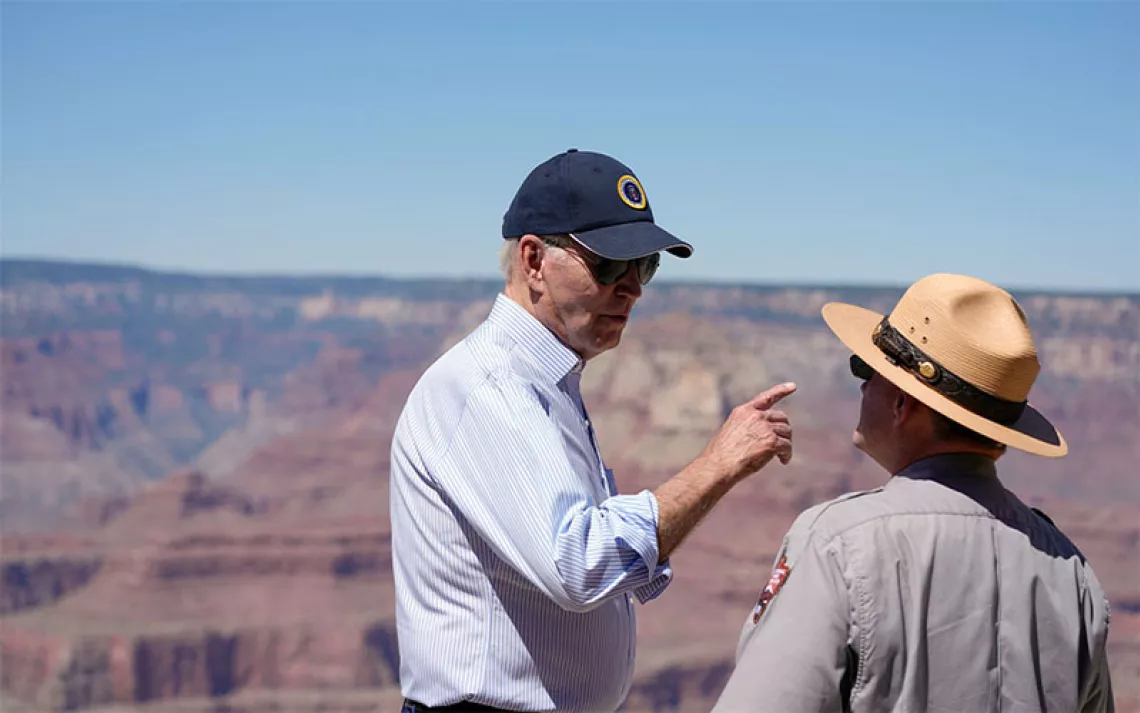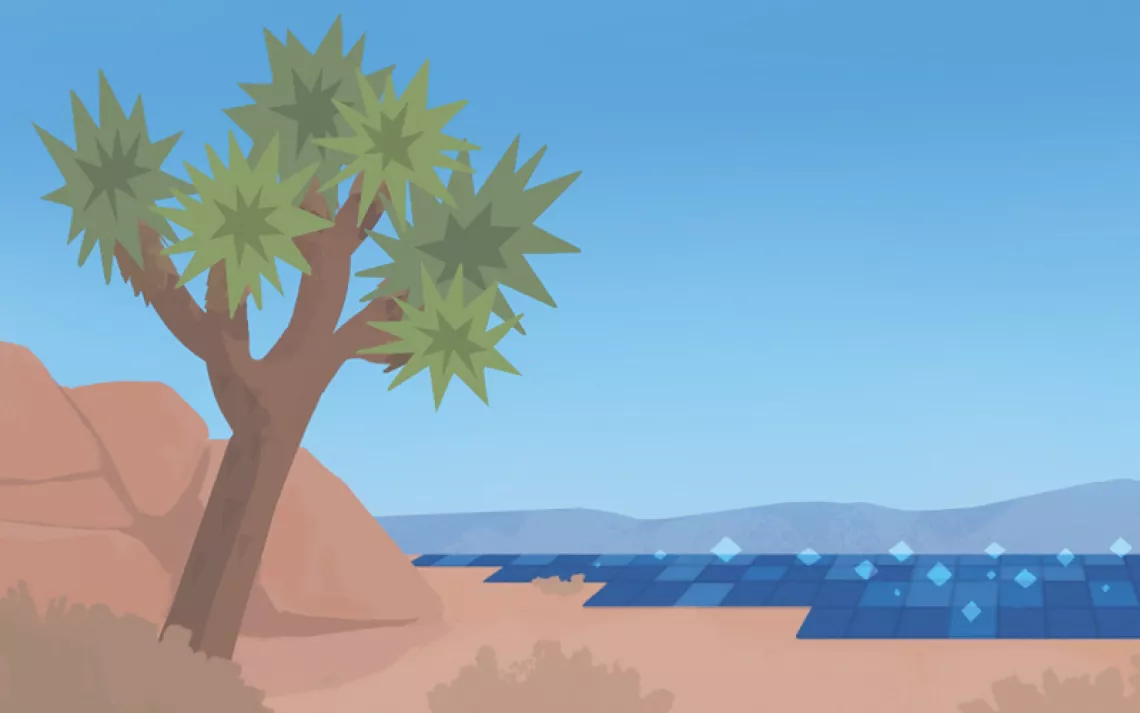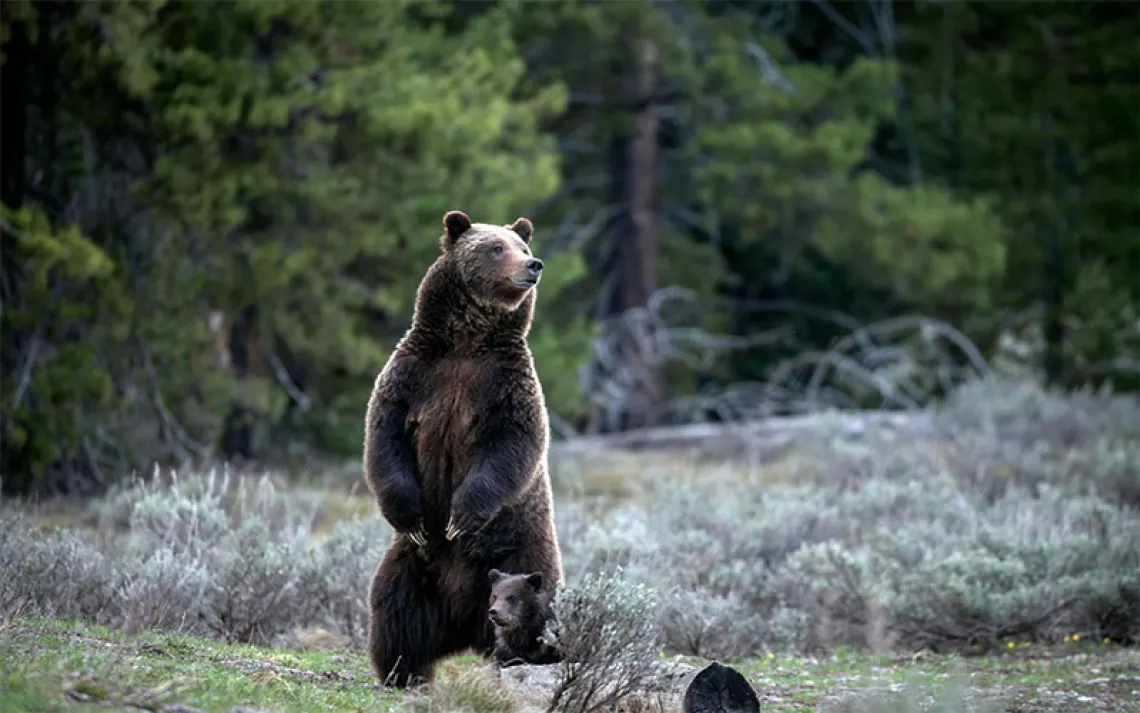Saving Elephants, One Cup of Tea at a Time
First came bird-friendly coffee and salmon-safe beer; now it's elephant-friendly tea
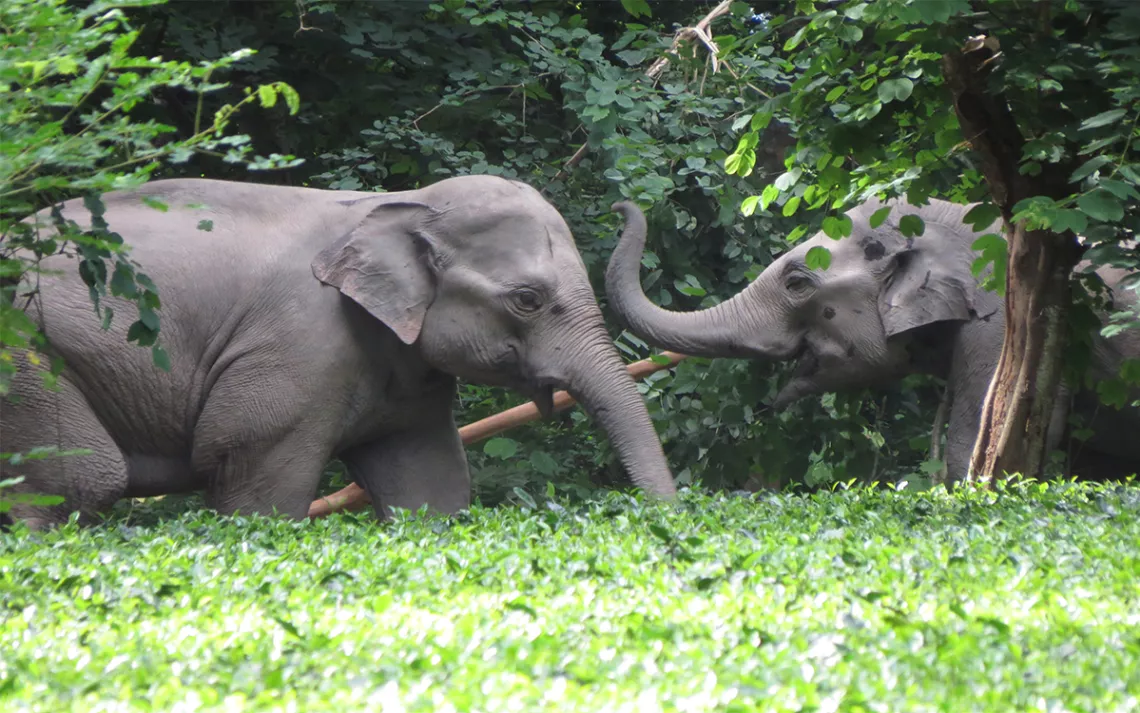
Photo by Anshuma Basumatary
Everyone knows that African elephants are under severe pressure from poaching. Their Asian cousins face an existential threat as well, but from a seemingly unlikely source: tea.
India is home to half of the world’s wild Asian elephants and is the world’s second-largest producer of tea, the world's most popular beverage next to water. Asian elephants have declined across their range by more than 50 percent over the last 75 years.
“The decline is so sharp that we have to work fast and furious,” says Lisa Mills, a program manager of the Wildlife Conservation Enterprise Program at the University of Montana. Mills has been involved in elephant protection in the Assam region of northern India since 2010. In the course of her work, she discovered a startling correlation: “We were finding that deaths and injuries of elephants could be mapped around tea operations,” she says.
Although elephants are still revered in India, tea estates—remnants of British imperial rule in the country—have replaced much of their natural habitat. “Tea gardens represent a significant chunk of the forests that have been cut down,” says Heidi Riddle, cofounder and director of operations for Riddle’s Elephant and Wildlife Sanctuary in Arkansas. “Elephants can exist in them, but they meet up with day laborers who are paid almost nothing and don’t want to lose their life, so that’s where problems come up.”
Standard tea operations endanger elephants in many ways, from conflicts with humans to widespread use of poisonous chemicals to electric perimeter fencing. In addition, says Mills, young elephants regularly fall into the deep, narrow irrigation ditches at tea estates and can't get out.
Her solution: a certification program for elephant-friendly tea, which aims to create monetary incentives for responsible tea farmers while also putting power in the hands of consumers.
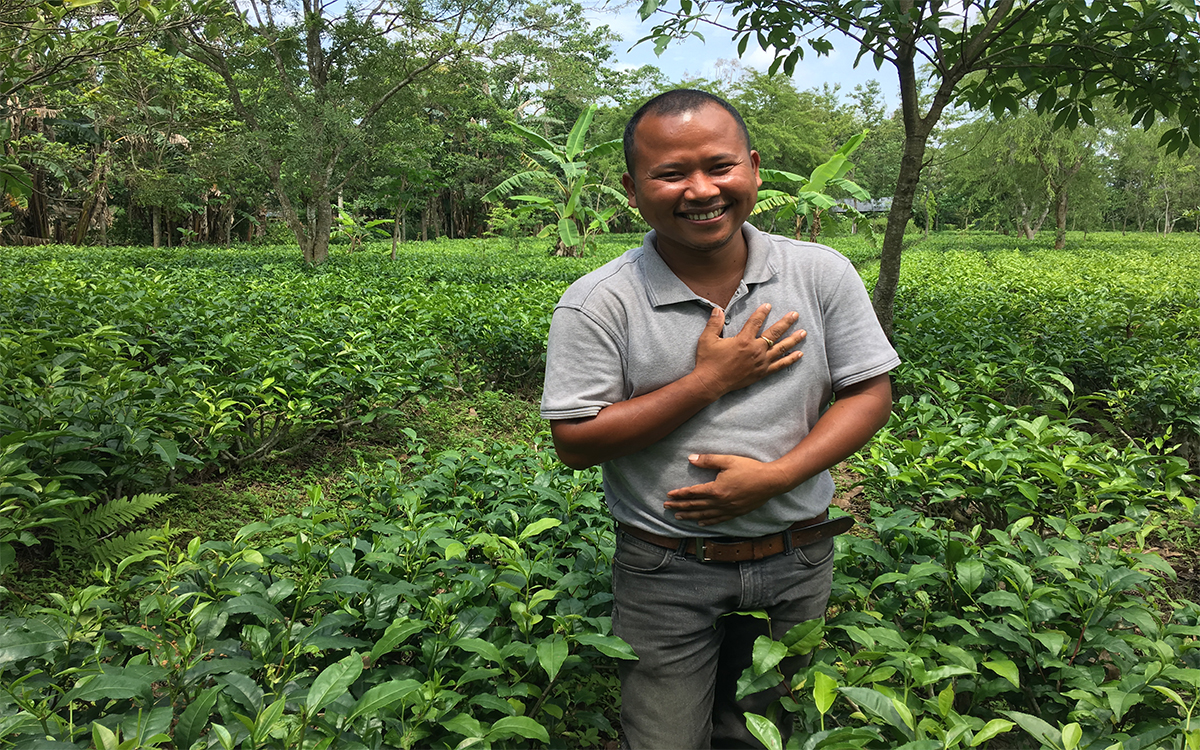
The first certified grower, Tenzing Bodosa | Photo courtesy of Lisa Mills
The certification program, a joint effort of the Wildlife Friendly Enterprise Network and the University of Montana Broader Impacts Group, requires growers to meet a set of elephant-friendly practices. In turn, they receive a price premium for the sales of their tea—a percentage of which supports elephant conservation in the communities where the tea is grown.
Among other things, growers must enact policies that reduce elephant-human conflict and use fencing minimally and thoughtfully. Although the program is aimed at helping elephants, says Julie Stein, executive director and cofounder of WFEN, other species should prosper as well. “By protecting umbrella species like elephants,” says Stein, “you’re protecting things all the way down to song birds, and soil and plant diversity.”
Another species that could benefit from the program is humans. Stein and Mills assert that besides the financial incentives for certified tea operations, organic farming practices and conflict mitigation benefit the tea estate workers, whom Mills describes as some of the “most vulnerable people on Earth.”
The first grower to sign on with the program was Tenzing Bodosa. Already a conservation-minded person, he approached Mills to be part of the program.
“When I started farming organically, it brought back the ecological balance, and even elephants love to stay in my farm,” Bodosa said via email. “Yes they are also damaging some tea plants and sometimes my home, too. But it's fine by me; they need to survive. So I am growing for them, too. Why should I be selfish to grow just for myself?”
Bodosa is considered a regional leader in organic tea production, according to Stein, who hopes he can help grow the certification program. “We provided training on elephant-friendly practices to farmers last year at Tenzing’s invitation, and with Tenzing’s help we are actively encouraging other small-acreage tea growers to work toward certification,” she says.
Bodosa’s Bodo Green Assam and Bodo Black Assam elephant-friendly teas are distributed through the Lake Missoula Tea Company in Missoula, Montana. Co-owner Jake Kreilick describes them as high-quality loose-leaf teas with a “natural sweetness.” The teas are named for Assam’s Bodo tribe, of which Tenzing is a member. “Aside from the elephant part,” says Kreilick, “it’s really great tea. The taste sells it.”
So far, the tea can be purchased on the company’s website as well as in a variety of locations in Montana. A full list of retailers and wholesalers can be found on the Elephant Friendly Tea website. Stein and Mills describe the program as another “tool in the toolkit,” along with reforestation and education. “We believe by rewarding the exemplary efforts of a small grower first, we can initiate a larger and sweeping change across the industry,” says Stein. “As this is a voluntary program for tea producers, this will take time to scale up to more and more plantations, but we have already seen rapid expansion of sales of the certified tea products in specialty tea shops, restaurants, small grocers, and now zoos.”
Stein believes that consumer demand will drive the most change.
“The whole success of this program depends on buyers to pay more for tea so we can give more back to the growers and they can do more,” she says. “Even if [consumers] never see an elephant in the wild, they can still make a difference by buying tea.”
 The Magazine of The Sierra Club
The Magazine of The Sierra Club
